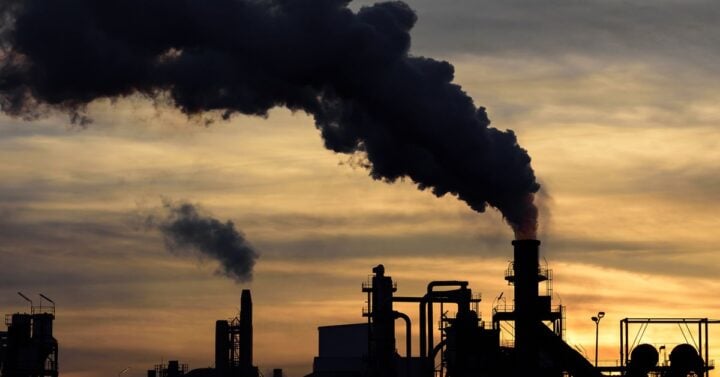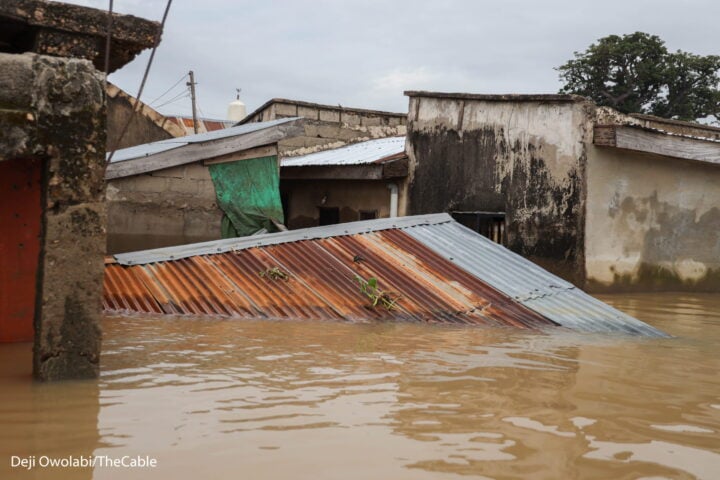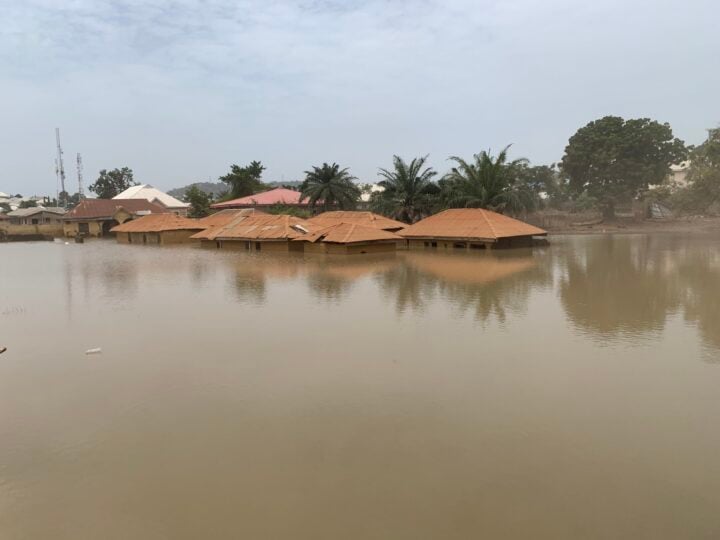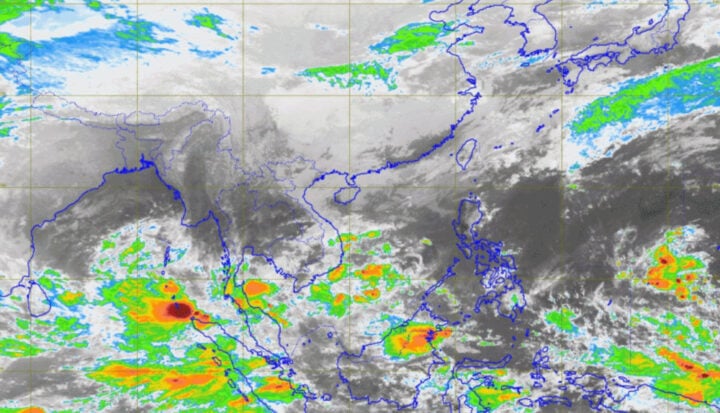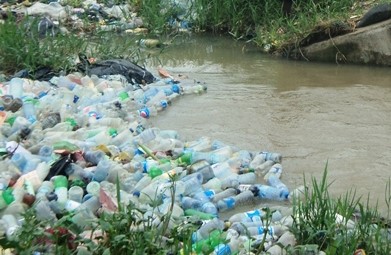Despite directly impacting our communities, health, and livelihood, climate-related reports usually take a back seat to dominant news beats like politics and business. Climate Watch aims to ensure you never miss important stories on climate change and actions being taken toward limiting its impact.
Here is a round-up of last week’s climate stories:
- The World Meteorological Organisation (WMO), on July 10, said the world experienced the hottest June on record last month. The organisation warned that the ocean is warming and absorbing more energy which would impact fisheries distribution and ocean ecosystems. Read more here.
- The National Emergency Management Agency (NEMA) in Edo state, on July 10, asked residents living in flood-prone areas to relocate to higher ground. Dahiru Yusuf, NEMA head of operations, said the agency has commenced the sensitisation of the local emergency committee on flood mitigation. Yusuf added that the agency is working to ensure that the state’s internally displaced persons (IDPs) camps are fumigated and in good shape. Read more here.
- Environmental Rights Actions/ Friends of the Earth Nigeria and member organisations of the Global Alliance for Incinerator Alternatives (GAIA), on July 11, faulted the suspension of the green tax on single-use plastics. The organisations warned that the decision will make Nigeria a dumping ground for plastic waste products. They noted that the policy portrays Nigeria as one not committed to the Paris agreement and the campaign to end the invasion of plastics on water bodies. Read more here.
- Tony Elumelu, chairman of the United Bank for Africa (UBA), on July 10, said Africa must prioritise the energy mix of renewables and fossil fuels. Elumelu who represented Africa at the climate finance mobilisation forum in London, said the continent must lead the world in driving environmental sustainability in the fight against climate change. He added that Africa’s green revolution requires urgent and significant funding. Read more here.
- Members of the Nigeria Governors Forum (NGF) have resolved to collaborate with government agencies to develop a comprehensive response to flooding incidence in the country. AbdulRahman AbdulRazaq, NGF chair and governor of Kwara, on July 12, said states have been tasked to set up functional state emergency management agencies (SEMAs), and local emergency management committees (LEMCs). He added that community volunteers with adequate legal backing, as well as funding and manpower, will also be trained to tackle the disaster. Read more here.
- TotalEnergies, a French multinational company, on July 12, said it will become a carbon-neutral energy company by 2050. Wale Fayemi, the company’s country adviser on multi-energies, who spoke at the Nigeria oil and gas (NOG) energy week, said less carbon-intensive energy products need to be prioritised. Fayemi said TotalEnergies changed its business approach to help Nigeria achieve its environmental ambitions faster. He added that the company is committed to reducing its carbon footprint 10 years ahead of Nigeria’s which is 2060. Find out more here.
- Save the Children, the charity organisation, on July 13, launched a campaign to protect children against the effects of climate change and global warming. Amanuel Mamo, Save the Children director of advocacy, communication and media, said children and women are the most vulnerable to the adverse impacts – increased inequality, malnutrition and extreme poverty. Mamo said the campaign aims to build climate resilience for children, their families, and communities through shock-responsive measures. Find out more here.
Add a comment
